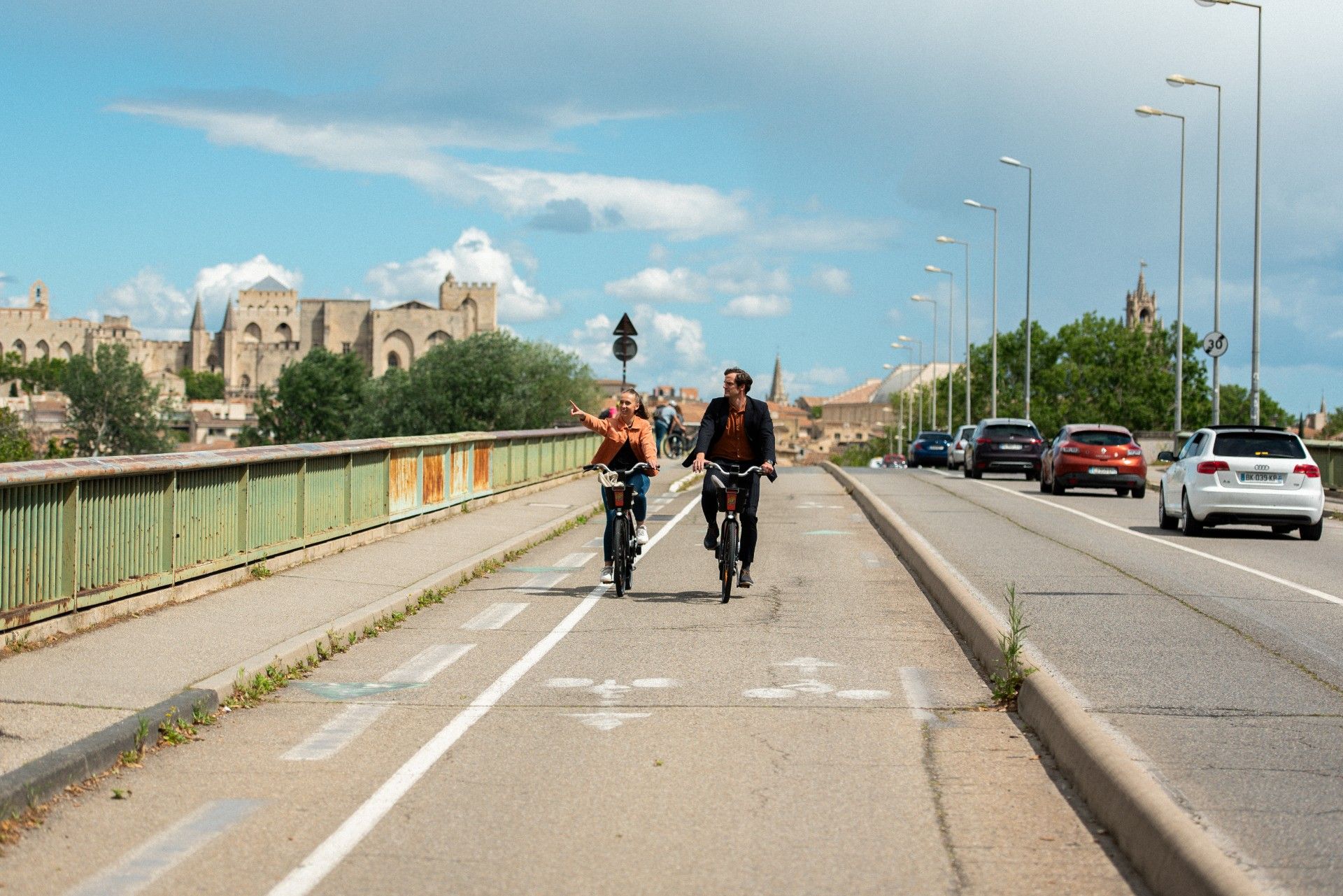Medium-sized cities in Spain, with populations between 50,000 and 250,000 inhabitants, are emerging as key players in the fight against pollution and urban mobility challenges. The company Fifteen has introduced an innovative model of shared bikes that uses artificial intelligence (AI) to optimize their implementation in these areas. A study in collaboration with Ipsos highlights that 77% of Spaniards support the development of these services, with even higher support, over 90%, in cities like Córdoba, Elche, and Ourense.
With 97.5% of Spanish cities having less than 250,000 inhabitants, Fifteen identifies a significant opportunity to transform urban mobility through advanced technological solutions. Traditionally focused on large cities, these initiatives now find fertile ground in medium-sized towns. In response, the Spanish government has allocated 20 million euros to improve and establish public shared bike systems.
Bicycles are essential in reducing polluting emissions, especially considering data from the European Environment Agency that points to about 33,000 premature deaths a year in Spain due to air pollution. Fifteen, with extensive international experience, is implementing tailor-made shared bike systems, using AI to calculate the optimal number of bikes and stations, and evaluate the environmental impact.
This approach has allowed Fifteen to avoid the emission of 33,000 tons of CO₂ in 2023, equivalent to more than 15,000 round-trip flights between Madrid and New York. A key component of their methodology is the Automations system, which, through IoT and a no-code approach, allows efficient service management through the automation of maintenance alerts and personalized adaptations for each city.
The success of the Gijón Bici system, operational since July 2023, underlines how proper planning and the use of technology strengthen urban mobility. In Gijón, 250 electric bikes have traveled 930,000 kilometers, facilitating travel in challenging terrains and being well received by the local community.
The Fifteen and Ipsos study reveals a consensus on the role of the bicycle in improving the urban environment, with 90% of respondents recognizing its contribution to pollution reduction. Additionally, 77% support the development of these services, and 19% of Spaniards prefer cycling as a means of transportation.
In summary, the push towards an efficient and tailored shared bike system that meets urban needs not only promotes a cleaner and more sustainable environment but is also becoming an increasingly popular option among citizens.
Source: MiMub in Spanish











